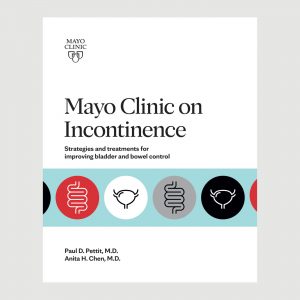A congenital heart defect means that a child was born with a problem in the structure of his or her heart.
Some congenital heart defects in children are simple and don’t need treatment. Others are more complex and may require several surgeries performed over a period of several years.
Improvements in imaging, monitoring and surgical techniques have improved outcomes for pediatric heart surgery patients.
A prenatal diagnosis is scary for parents, but support and care from the cardiology team continue through the child’s life and on into adulthood. And support from others, including patient organizations, also helps.
“It can feel like you’re alone, especially if the diagnosis is new,” says Dr. Elizabeth Stephens, a pediatric cardiovascular surgeon at Mayo Clinic. “It can feel very daunting. But there are many families out there who are not just dealing with congenital heart disease, they’re thriving with it. These kids are incredibly resilient.”
On the Mayo Clinic Q&A podcast, Dr. Stephens joins Ask the Mayo Mom host Dr. Angela Mattke for a discussion on congenital heart defects and new treatment options.

Relevant reading
Mayo Clinic The Essential Diabetes Book, 3rd Edition
The Essential Diabetes Book, 3rd Edition, from Mayo Clinic, provides you with key steps to managing diabetes. This includes essential advice on how to monitor your blood sugar, how to eat better, how to become more physically active, how to lose weight and maintain a healthy weight, and how to…



















